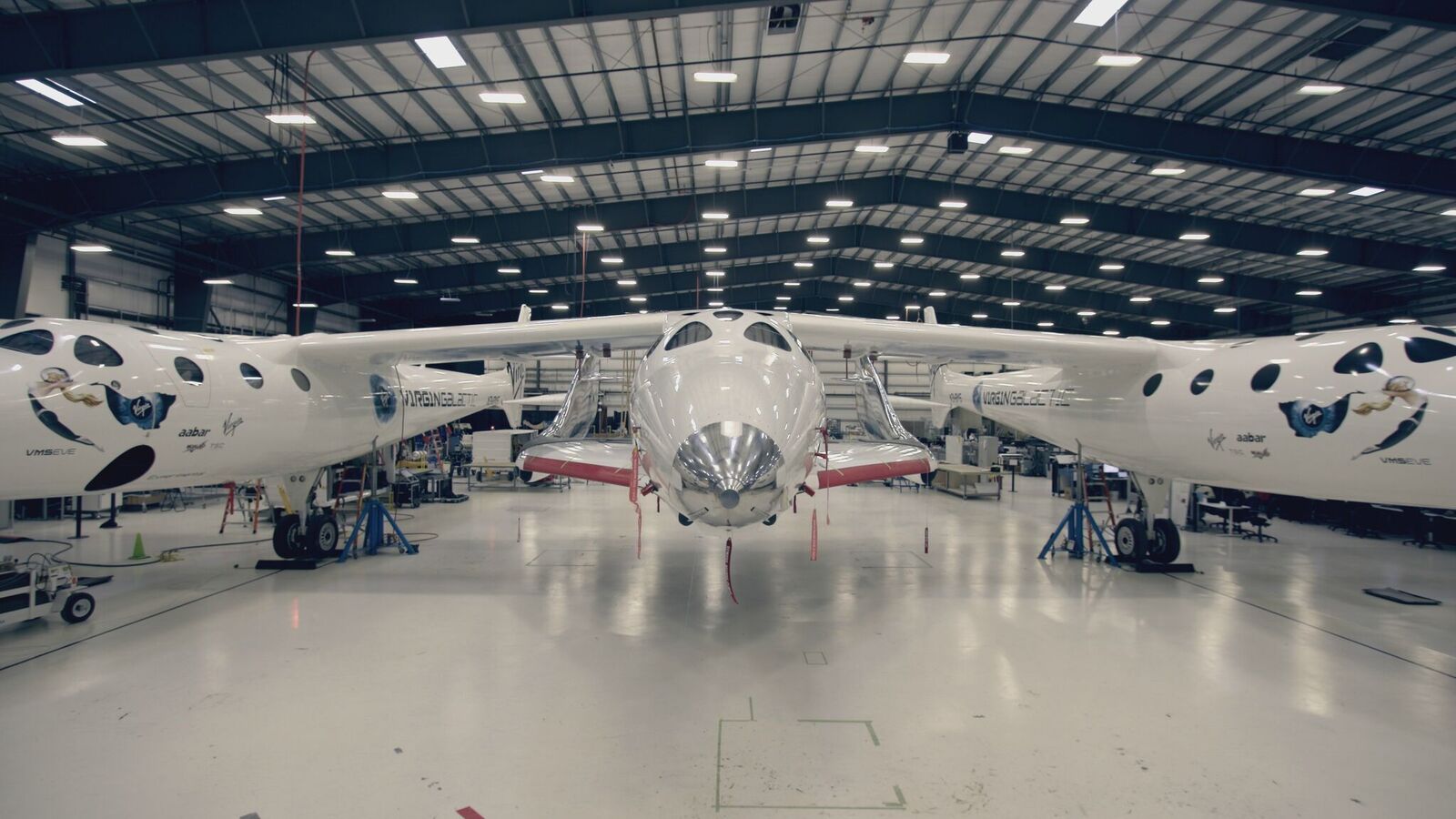4 Smithsonian Space Documentaries You Don't Want to Miss
Editor's Note: Smithsonian Channel has announced a schedule change; they will air the block of documentaries with "Finding Life in Outer Space" and "Leaving Earth" on Sunday, March 25 (in that order), and the block with "Billionaire Space Club" and "Earth from Outer Space" on Sunday, April 1.
Space enthusiasts, make room on your calendars. The Smithsonian Channel will premiere two sets of back-to-back space documentaries in late March and early April.
First up is "Billionaire Space Club," a look into the upstart private space startups. The space sector has witnessed a renaissance of innovation over the last decade, as entrepreneurs such as Richard Branson and Elon Musk shake up an industry that was once the sole purview of governments and legacy aerospace corporations, like Lockheed Martin and Boeing. Smithsonian invites viewers to join British physicist and broadcaster Brian Cox on March 25 at 8 p.m. EDT and PDT as he explores how these individuals plan to bring their visions to fruition. The film will include behind-the-scenes footage from Virgin Galactic, Blue Origin and Spaceport USA.
After a quick break to freshen up, it's off to orbit for "Earth from Outer Space" at 9 p.m. EDT and PDT. In 1972, the crew of Apollo 17 captured an unprecedented perspective of our home when they snapped the iconic Blue Marble image of Earth. Astronauts are still providing us with an incredible view of our planet, and the many changes its surface has seen in the intervening 45 years. The Smithsonian Channel explores how humans have altered the appearance of our planet, from the peak of Mount Kilimanjaro in Tanzania to the Chinese metropolis of Shenzhen.

The following week, the Smithsonian Channel will explore the basis of life, and the extremes in which it can survive, in "Finding Life in Outer Space," airing April 1 at 8 p.m. EDT and PDT. This film journeys to extreme locations — from hydrothermal pools in Chile's Atacama Desert to the world's northernmost science facility, high in the Arctic Circle — to learn how life survives in seemingly inhospitable conditions, and discusses how this may help us find life on other planets. The show also visits scientists across the world who investigate the fine line between the biotic and abiotic, whether by studying the chemistry at work in outer space or by modeling the Earth as it was billions of years ago, when life first emerged.
Then at 9 p.m., astrophysicist Stephen Hawking hosts "Leaving Earth: Or How to Colonize a Planet," which explores the possibilities for humanity's future. Hawking discusses why he believes we must begin colonizing space within the next 100 years or risk taxing our home planet under the burden of an ever-increasing population. Meanwhile, science writer Christophe Galfard and engineer Danielle George explore developing technologies that may make this possible.
Follow Harrison Tasoff @harrisontasoff. Follow us @Spacedotcom, Facebook and Google+. Original article on Space.com.
Get the Space.com Newsletter
Breaking space news, the latest updates on rocket launches, skywatching events and more!
Join our Space Forums to keep talking space on the latest missions, night sky and more! And if you have a news tip, correction or comment, let us know at: community@space.com.

Harrison Tasoff is a science journalist originally from Los Angeles. He graduated from NYU’s Science, Health, and Environmental Reporting Program after earning his B.A. in mathematics at Swarthmore College. Harrison covers an array of subjects, but often finds himself drawn to physics, ecology, and earth science stories. In his spare time, he enjoys tidepooling, mineral collecting, and tending native plants.









